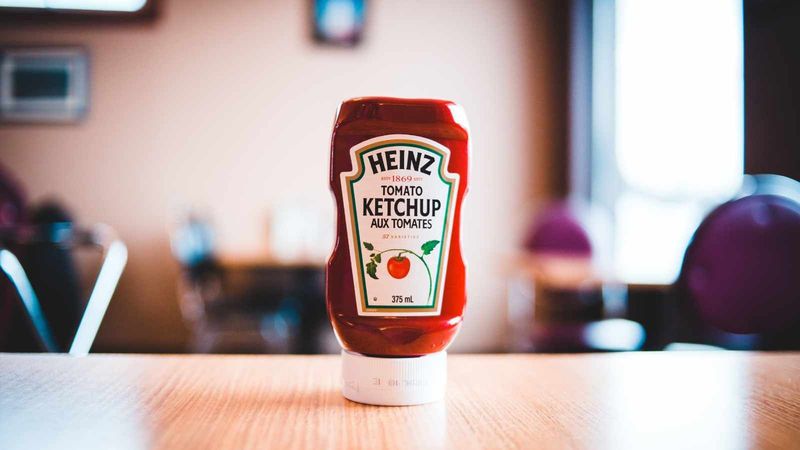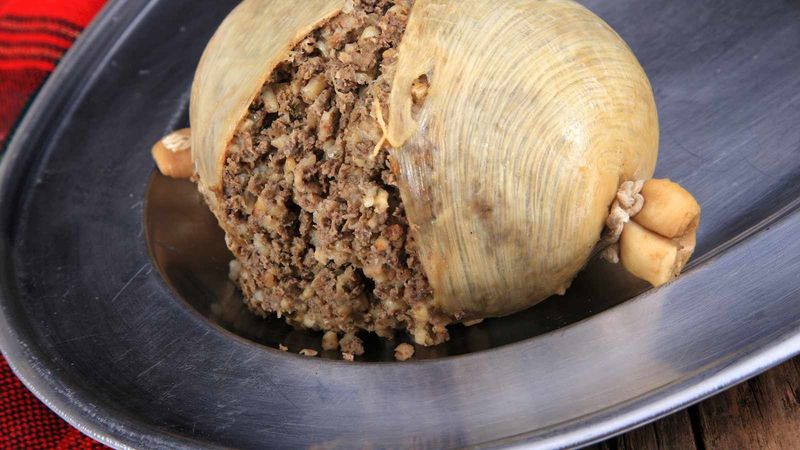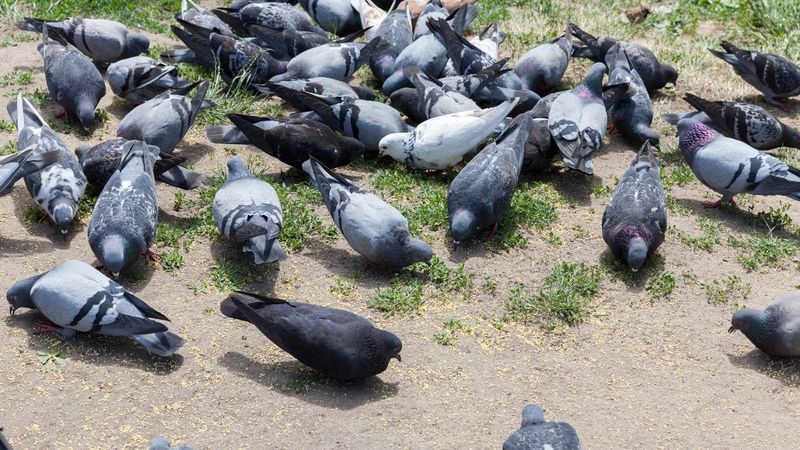11 Weird Laws and Rules About Food in Other Countries
Food rules and regulations are often put in place to protect consumers from harmful practices and ensure the safety and quality of food products. However, some countries have taken their food laws to a new level with strange rules and restrictions that may seem bizarre to outsiders. Here are 11 weird statutes and regulations about food in other countries you never knew existed.
No Ketchup for School Lunch (France)

To preserve the integrity of French cuisine, France has banned ketchup from being served in school cafeterias. This law prevents students from drowning their food in the popular condiment and encourages them to appreciate the taste of traditional French dishes.
No Chewing Gum (Singapore)

Chewing gum is not allowed in Singapore to keep the city clean and prevent damage to public property. The law was implemented after the sticky substance caused significant disruptions to the country’s mass transit system. The sale and importation of chewing gum can result in a hefty fine or even jail time.
No Eating While Walking (Japan)

In Japan, consuming food while walking is generally discouraged because of the deep-rooted cultural values emphasizing mindfulness and etiquette. This practice ensures a respectful engagement with both the food and the surroundings. The act of eating is treated as an experience in itself, deserving undivided attention and not to be combined with a separate activity.
No Eating in Public on Ramadan (UAE)

During the holy month of Ramadan, non-Muslims must refrain from eating and drinking in public during fasting in the United Arab Emirates. Breaking this law can result in fines or even imprisonment for non-compliance. This law is out of respect for fasting people and maintaining a respectful atmosphere during the religious holiday.
No Eating on Church Steps (Italy)

Eating on the steps of a church in Italy is seen as disrespectful, and it is illegal. This law aims to safeguard churches and religious sites from being treated as picnic areas and to encourage reverence for these sacred places. While tourists may be unaware of this law, locals are expected to comply.
No Eating Haggis (USA)

Haggis, a traditional Scottish dish made with sheep organs and oatmeal, is banned in the United States because its ingredients do not meet the country’s food safety standards. This law has caused controversy and outrage among haggis lovers who argue that it should be allowed for consumption.
Garlic Banned in Buckingham Palace (UK)

Garlic is prohibited inside Buckingham Palace; anyone caught bringing it in will be asked to leave. The law was established by Queen Elizabeth I, who detested the smell of garlic and did not want it to be served or consumed within the palace walls. Even today, this rule is strictly enforced.
Don’t Feed the Pigeons (Italy)

In Florence, Italy, feeding pigeons is considered a public nuisance and can result in a fine of up to 500 euros. This law protects the historic buildings and monuments damaged by large populations of pigeons attracted by the food. So, if you visit Florence, do not feed the birds!
Don’t Eat Fried Chicken With Forks (Gainesville, Georgia)

Eating fried chicken with anything other than your hands is prohibited in Gainesville, Georgia. This law was implemented in the 1960s to promote the city’s annual “Spring Chicken Festival” and honor its claim of being the “Chicken Capital of the World.” So, next time you visit Gainesville, follow this law and eat your fried chicken traditionally.
Carrying Durian in Asian Public Transport

In many Asian countries, like Singapore and Thailand, carrying durian (a pungent fruit) on public transportation is prohibited. This law protects other passengers from the fruit’s strong smell. People have sometimes been fined for carrying durian on public transport. However, in recent years, durian can now be taken on public transport if wrapped securely.
Don’t Eat Watermelon in Parks (Beech Grove, Indiana)

Eating watermelon in parks is banned in Beech Grove, Indiana. This law was implemented to prevent people from littering and leaving watermelon rinds behind. Violators can face a fine of up to $200. So, if you enjoy some tasty watermelon, do it at home in Beech Grove.